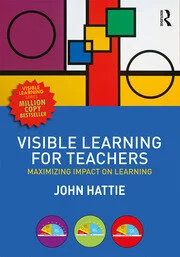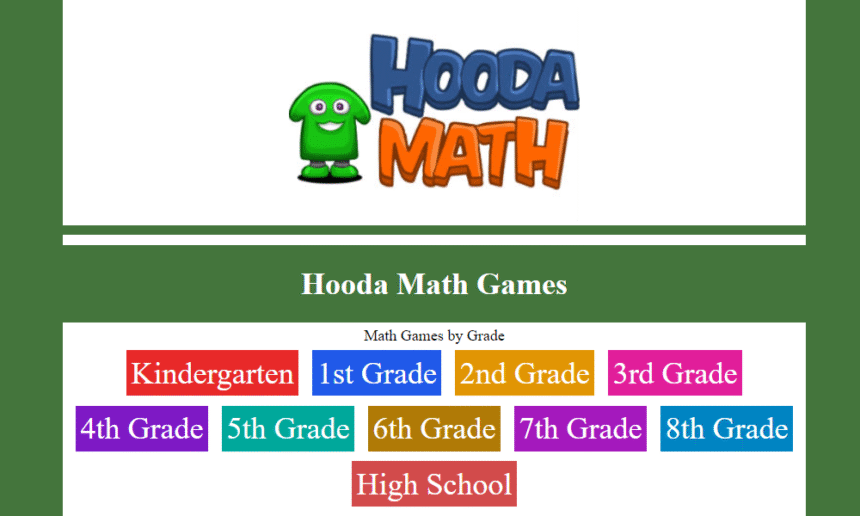Math education doesn’t have to be a struggle. For over a decade, Hooda Math has been transforming how students engage with mathematical concepts through interactive games and activities. This comprehensive platform offers hundreds of free math games designed to make learning enjoyable while building essential skills.
Whether you’re a teacher seeking classroom resources, a parent looking for homework help, or a student wanting to practice math in a fun way, Hooda Math provides accessible learning tools for all skill levels. The website combines entertainment with education, proving that math practice can be both effective and engaging.
This guide explores everything you need to know about Hooda Math, from its core features to practical implementation strategies that can enhance math learning outcomes.
What is Hooda Math?
Hooda Math is a free educational website created by math teacher Michael Edlavitch that features interactive math games and activities for students of all ages. Launched to address the challenge of making math more appealing to students, the platform has grown into one of the most popular math education resources online.
The website’s mission centers on making math accessible and enjoyable through game-based learning. Rather than traditional worksheets or textbook exercises, Hooda Math uses interactive challenges, puzzles, and games to reinforce mathematical concepts.
The platform operates entirely free of charge, making quality math education resources available to anyone with internet access. This accessibility has made it particularly valuable for schools with limited budgets and families seeking supplemental learning tools.
Who Can Benefit from Hooda Math?
Elementary Students
Young learners can explore fundamental concepts like addition, subtraction, multiplication, and division through colorful, age-appropriate games. The platform’s visual approach helps concrete thinkers grasp abstract mathematical ideas more easily.
Middle School Students
Pre-teens can tackle more complex topics including fractions, decimals, geometry, and basic algebra. The games provide immediate feedback, allowing students to learn from mistakes without the pressure of traditional testing.
High School Students
Advanced learners can practice algebra, geometry, trigonometry, and calculus concepts through challenging puzzles and logic games that require strategic thinking and problem-solving skills.
Teachers
Educators can incorporate Hooda Math games into lesson plans, use them as warm-up activities, or assign them for homework practice. The variety of topics makes it easy to find games that align with curriculum standards.
Parents
Families can use the platform for supplemental learning at home, turning math practice into family game time rather than a chore.
Content and Features Overview
Game Categories
Hooda Math organizes its content into several main categories that cover the full spectrum of mathematical learning:
Number and Operations Games focus on arithmetic skills, including addition, subtraction, multiplication, and division. These games often use visual representations to help students understand mathematical relationships.
Algebra Games introduce variables, equations, and algebraic thinking through interactive challenges that make abstract concepts more concrete.
Geometry Games explore shapes, spatial relationships, measurements, and geometric principles through visual puzzles and construction activities.
Logic and Strategy Games develop critical thinking skills while incorporating mathematical concepts, helping students see connections between math and real-world problem-solving.
Grade Level Organization
The platform categorizes games by grade levels from kindergarten through high school, making it easy to find age-appropriate content. Each category contains games that align with typical grade-level expectations while allowing for differentiation based on individual student needs.
Popular Game Types
Some of the most engaging formats include escape rooms that require mathematical problem-solving to progress, physics-based games that demonstrate mathematical principles in action, and puzzle games that combine logic with computation.
Key Benefits of Using Hooda Math
Enhanced Engagement
Traditional math worksheets often fail to capture student interest. Hooda Math’s game-based approach naturally motivates students to practice mathematical concepts repeatedly without realizing they’re studying.
Immediate Feedback
Games provide instant responses to student actions, allowing learners to understand mistakes immediately rather than waiting for graded assignments. This immediate feedback loop accelerates learning and builds confidence.
Self-Paced Learning
Students can work at their own speed, repeating games as needed to master concepts or advancing quickly through familiar material. This flexibility accommodates different learning styles and abilities.
Accessibility and Cost-Effectiveness
The free platform removes financial barriers to quality math education resources, making it available to all students regardless of economic circumstances.
Skill Reinforcement
Games encourage repetition through enjoyable activities, helping students build fluency in mathematical operations and concepts through practice that doesn’t feel like work.
How to Use Hooda Math Effectively
For Teachers
Classroom Integration: Use games as warm-up activities at the beginning of math class to review previous concepts or introduce new topics. Select games that align with your current curriculum unit.
Differentiated Instruction: Assign different games based on student ability levels. Advanced students can tackle challenging logic puzzles while those needing additional support work on foundational skills games.
Assessment Tools: Observe students playing games to assess their understanding of mathematical concepts and identify areas needing additional instruction.
For Parents
Homework Support: Help children practice specific concepts they’re learning in school by finding relevant games on the platform. Make it a collaborative activity rather than isolated practice.
Regular Practice Schedule: Establish consistent times for math game play, treating it as enjoyable family time rather than forced study sessions.
Progress Monitoring: Take note of which games your child enjoys and excels at, as well as areas where they struggle, to communicate with teachers about learning needs.
For Students
Independent Practice: Use games to practice concepts you’re learning in class or to review material before tests and quizzes.
Skill Building: Start with easier games in your grade level and gradually progress to more challenging content as your confidence builds.
Problem-Solving Development: Focus on strategy and logic games to develop critical thinking skills that apply beyond mathematics.
Alternatives to Hooda Math
While Hooda Math offers excellent resources, several other platforms provide similar educational gaming experiences:
Khan Academy provides comprehensive video lessons alongside practice exercises, offering more structured learning paths than Hooda Math’s game-focused approach.
IXL Math features adaptive learning technology that adjusts difficulty based on student performance, though it requires a subscription for full access.
Prodigy Math combines role-playing game elements with math practice, creating an immersive fantasy world that motivates continued engagement.
Math Playground offers similar free math games with additional resources like word problems and math videos.
Each platform has unique strengths, and many educators use multiple resources to provide varied learning experiences for students.
Maximizing Learning Impact
To get the most value from Hooda Math, focus on connecting game experiences to classroom learning. Discuss strategies used in games and how they apply to traditional math problems. Encourage students to explain their thinking processes while playing, reinforcing mathematical vocabulary and concepts.
Consider using games as springboards for deeper mathematical discussions. When students complete a geometry puzzle, ask them to identify the mathematical principles they used. This reflection helps solidify learning beyond the immediate game experience.
Set clear learning goals before game play. Rather than random exploration, identify specific skills or concepts students should practice, then select appropriate games to target those areas.

The Future of Math Education Gaming
Hooda Math represents a significant shift toward recognizing that learning can be both educational and enjoyable. As technology continues evolving, platforms like these will likely become even more sophisticated, incorporating artificial intelligence to personalize learning experiences and virtual reality to create immersive mathematical environments.
The success of game-based learning platforms demonstrates that engagement and education aren’t mutually exclusive. When students enjoy their learning experiences, they’re more likely to develop positive attitudes toward mathematics and pursue continued learning.
Hooda Math has established itself as a valuable resource that makes quality math education accessible to everyone. Its combination of engaging games, comprehensive content coverage, and cost-free access positions it as an essential tool for modern math education.
Whether you’re supporting struggling students who need additional practice or challenging advanced learners who crave intellectual stimulation, Hooda Math offers resources that can enhance mathematical understanding and build confidence in learners of all ages.


